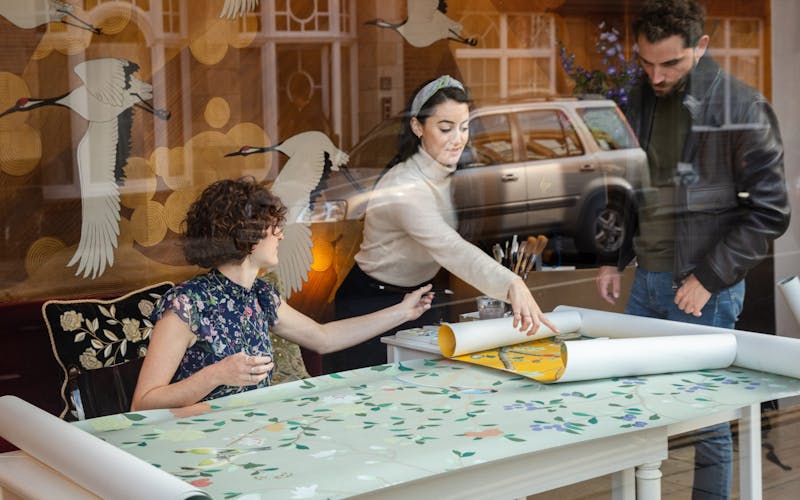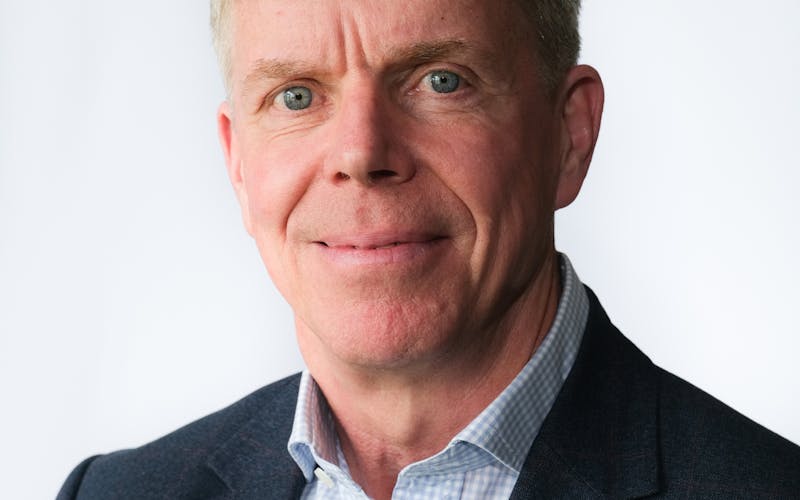

for Walpole members and
non-members available now
at The Londoner



In 2020, we launched the Walpole British Luxury Sustainability Manifesto: an ambitious and comprehensive aim to support the British luxury sector in lowering carbon emissions, reducing environmental impacts, and ensuring more sustainable future growth. Since launch, 70 Walpole members have joined founding signatories Burberry, Mulberry, dunhill, Johnstons of Elgin, The Savoy and Chivas Brothers in support of the manifesto – all of whom share an ambition to make the UK’s luxury sector the most sustainable in the world.
A central pillar of the British Luxury Sustainability Manifesto was to create category-specific Working Groups, bringing together the sustainability leads across the Walpole membership with a goal to enable collaboration, share experience and best practice, combine resources and align on areas of joint action with the mission of accelerating the pace of change towards a more sustainable future for luxury in the UK.
On March 25th we discussed the key insights from our Sustainability Working Groups with a panel of speakers: Anna Bartle, The Estée Lauder Companies UK & Ireland; Charlotte O'Sullivan, Mulberry; and Sam Dent, House of Hackney.
Sustainability is fast becoming as an important a signifier of luxury as craftsmanship and heritage, and in the run up to the COP26 climate change conference in November there is a huge opportunity for British luxury to demonstrate the advances already made in the sector. Sustainability is key to what a successful business looks like today, and balancing people, planet and profit allows the creation of enduring value for all stakeholders. Luxury products are arguably already intrinsically more sustainable as they are built to last. But within this, there is still an imperative to drive best practice in supply chains; from materials to manufacturing processes, packaging, repair and transport.
All have a profound impact on a company’s carbon footprint and in moving toward a regenerative business model. We also have a responsibility to educate the customer to buy sustainably, and feedback shows they want to know this from us.
Findings show that collaboration is fundamental to success in this space. No one person or organisation has all the answers, and learning from others is key, particularly for smaller businesses, who may find the beginning of the journey daunting.
Progress can be as simple as trying to make the ‘next right decision’ and being public and transparent on your goals and how you are meeting them. Likewise, progress doesn’t just have to be on a macro scale to make a difference - Estée Lauder, for example, reduced 75 per cent of its greenhouse gas emissions purely by switching to LED lighting.
In the end our goals as an industry must continue to be ambitious and impactful to safeguard the planet’s health, but even the smallest start on a business level will continue to help us build toward a better bottom line for everyone.
Watch On Demand.





